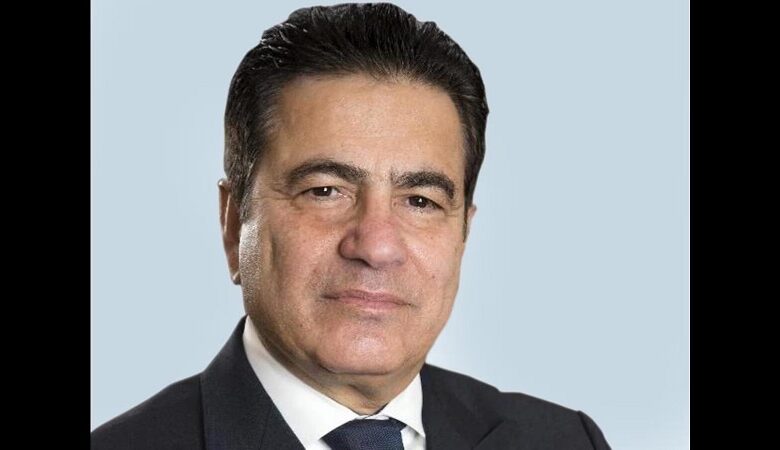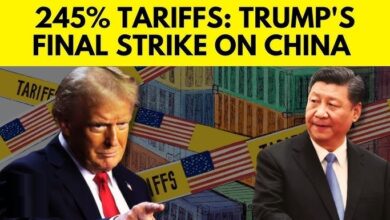US India Strategic Partnership Forum CEO Comments on Canada’s Allegations Against India

The CEO of the US India Strategic Partnership Forum (USISPF), MukeshAghi, has expressed skepticism regarding the credibility of allegations made by the Canadian government implicating India in the killing of a pro-Khalistan leader. Aghi, who attended the UN General Assembly session, highlighted that the controversy surrounding Canada’s accusations had largely subsided. In an interview, he pointed out that the United States had chosen to maintain a relatively subdued stance on the allegations, given its significant political and economic interests in India.
Aghi noted that several factors contributed to the context surrounding this issue during the UN General Assembly session. He observed that notable global leaders, including the Indian Prime Minister, Narendra Modi, as well as Presidents Xi Jinping and Vladimir Putin, were absent from the event. This absence created a void in global leadership at the UN, with the focus shifting away from geopolitical tensions. Unlike the previous year, where Ukraine dominated discussions, the prominent themes this year revolved around climate change and calls for reforms within the United Nations. Topics such as financing for women’s empowerment and climate transition also took center stage.
Commenting on the allegations made by Canada against India, Aghi emphasized that the initial uproar had significantly diminished. He characterized Canada’s accusations as lacking in substance and suggested that they were perceived more as a political maneuver rather than a genuine protection of Canada’s national interests. Canada and India have historically maintained a positive relationship as emerging powers, and the allegations appeared to jeopardize that rapport. Aghi noted that there was a lack of concrete evidence to support the claims made by Canada.
In comparing Canada’s allegations to historical actions taken by countries for their national interests, Aghi mentioned instances such as the United States’ operation to eliminate Osama bin Laden in Pakistan, the intervention in Iraq to remove Saddam Hussein, and various attempts to counter figures like Fidel Castro. These examples highlighted that countries do take action when their national interests are at stake. However, in the case of Canada’s allegations against India, it seemed that the credibility of the Canadian government was questionable, as per Aghi’s discussions and assessments.
Regarding the response of the Five Eyes alliance (comprising the United States, Canada, the United Kingdom, Australia, and New Zealand), Aghi noted that their reactions had been relatively muted. He suggested that the United States, in particular, was more focused on addressing broader issues, notably its relationship with China. India played a pivotal role in both dealing with China and serving as a crucial market for US companies. Given these considerations, the US had opted for a restrained response.
Aghi further shared insights from discussions with colleagues, highlighting that some believed Prime Minister Modi would not pursue the direction implied by the allegations. Others expressed minor concerns due to media coverage by outlets such as The New York Times and The Washington Post, which had raised questions about India’s image as a rising soft power. Aghi’s overall assessment was that the allegations lacked substantiation, as India had consistently requested evidence to support the claims, and none had been provided. Consequently, he viewed the controversy as having lost momentum and impact.
News Mania Desk / Agnibeena Ghosh 3rd October 2023






